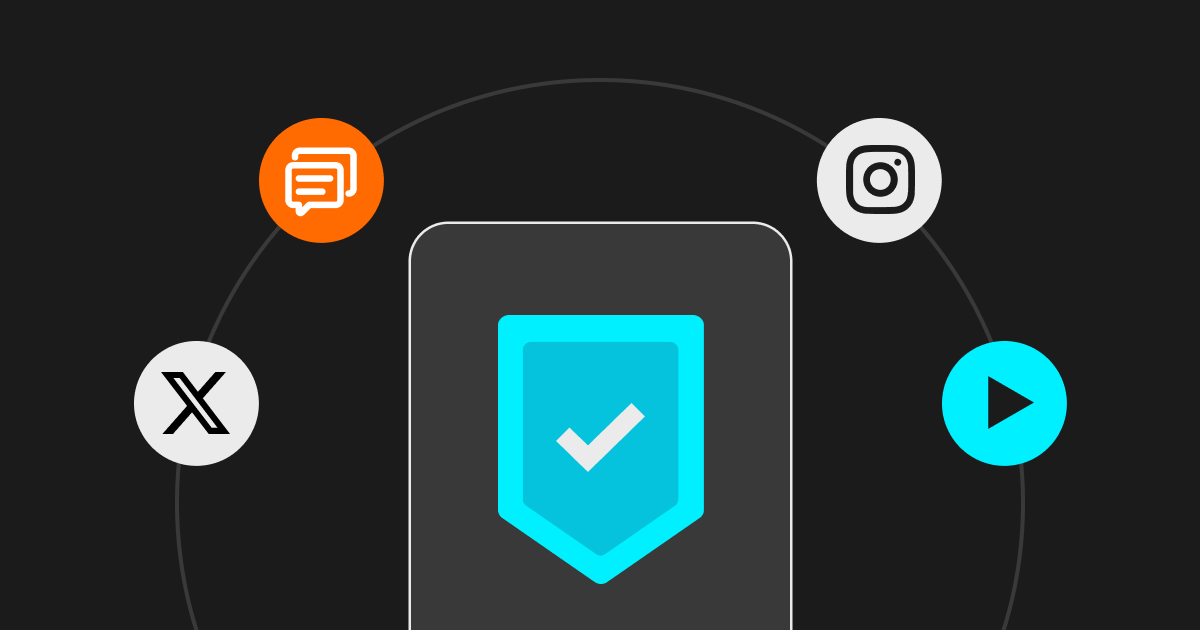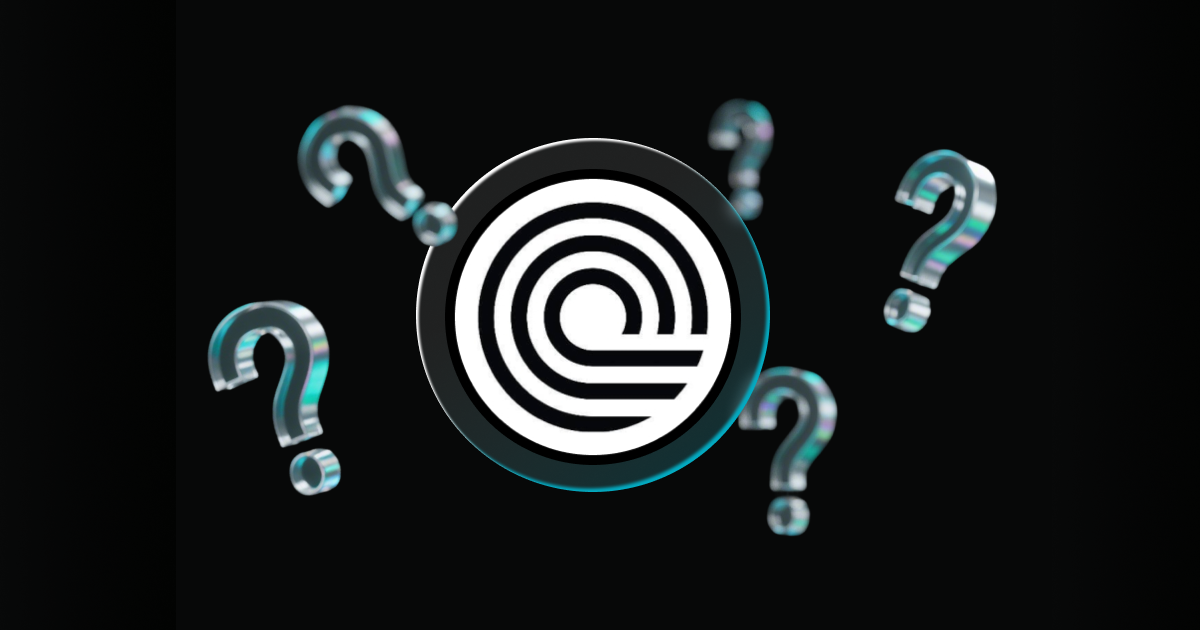
Staying Safe On Crypto-Related Social Media And Online Forums
Common Risks, Obstacles, And Threats
Scams and fraud
Crypto-related social media and forums are rife with scams and fraudulent schemes. These include fake initial coin offerings (ICOs), phishing websites, Ponzi schemes, and pump-and-dump groups. One prevalent scam is the fake crypto giveaway, where scammers impersonate influential figures or cryptocurrency projects, promising to return double the amount of cryptocurrency sent by users. These scams often misuse the identities of celebrities like Elon Musk and rely on fake social media profiles or compromised real accounts for credibility. Recognising these scams is crucial, as they always promise to return more funds than deposited, which is a clear red flag.
Misinformation
The crypto space often contains misinformation and hype. Unverified rumours and false claims about new projects or price predictions can lead to poor investment decisions. It’s essential to differentiate between legitimate information and baseless speculation. Scammers frequently use fake profiles and flood comment sections with positive messages about a scam, making it appear legitimate.
Personal info leaks
Sharing personal information on public forums can lead to identity theft, harassment, or targeted attacks. Scammers may exploit your information to gain trust and manipulate you into revealing sensitive data or making risky financial decisions.
Malware and phishing attacks
Cybercriminals commonly use malware and phishing attacks to steal crypto assets. Phishing emails or messages may look legitimate, prompting you to click on malicious links or provide private keys and passwords. Malware can hide in software downloads, compromising your device and accessing your crypto wallets. For example, phishing emails may pose as official communications from reputable companies like LocalBitcoins, asking users to click on links that install malware or redirect to imposter websites.
Social engineering attacks
Social engineering attacks involve manipulating individuals into divulging confidential information. Attackers may pose as trusted community members, support staff, or even friends to access your accounts or assets.
How To Navigate And Stay Safe On Crypto-Related Social Media And Online Forums
Choose the right platforms
Select reputable platforms and forums with strong moderation and security policies. Popular platforms like Reddit (r/Cryptocurrency, r/Bitcoin), Twitter, and dedicated crypto forums typically have robust measures to protect users and filter out malicious content.
Verify information
Always verify information before acting on it. Cross-reference news and claims with multiple reputable sources. Look for official announcements from project websites or well-known media outlets.
Use strong, unique passwords
Create strong, unique passwords for each of your online accounts. Avoid using easily guessable information such as birthdays or common words. Use a combination of letters, numbers, and special characters to enhance security.
Enable two-factor authentication
Make sure you have already enabled two-factor authentication (2FA) wherever possible. This adds an extra layer of security by requiring a second form of verification, such as a text message or authentication app code, in addition to your password. For example, Google Authenticator and Authy are popular 2FA apps that generate random, self-destructing six-digit passwords.
Be cautious with personal information
Be mindful of the information you share online. Avoid disclosing personal details such as your full name, address, phone number, or financial information. Use pseudonyms or usernames that do not reveal your identity.
Recognise common signs of scams and fraudulent activities
Educate yourself about common signs of scams. Be wary of unsolicited messages, offers that seem too good to be true, and pressure tactics. Genuine projects and exchanges will never ask for your private keys or passwords.
Additional Tips And Best Practices
Regularly update software and devices
Keep your software, apps, and devices up to date. Regular updates often include security patches that protect against vulnerabilities and threats.
Educate yourself
Continuously learn about the latest security practices and threats in the crypto space. Follow trusted sources, participate in webinars, and read up on cybersecurity best practices.
Engage with trusted communities
Join well-established and reputable communities. Participate in forums and groups with active moderation and a reputation for providing reliable information and support.
Use Virtual Private Networks (VPNs)
Use a VPN to secure your internet connection and protect your privacy. A VPN encrypts your online activities, making it harder for attackers to intercept your data.
Avoid public Wi-Fi for sensitive transactions
Avoid conducting sensitive transactions over public Wi-Fi networks. Public networks are often less secure, making it easier for attackers to intercept your data. Use a private, secure connection for any transactions or account access.
Never make a digital copy of your personal crypto details
One of the biggest mistakes both first-time and experienced crypto users make is creating digital copies of their crypto wallet passwords, seed words, or backup codes. Digital copies can be anything from screenshots or photos to copy-pasting the code into an email or notepad app. Hackers can gain access to these through malware, brute force attacks, and other attack vectors. Instead, write down your sensitive information on paper or etch it into metal plates using solutions from providers like Cryptotag, Coldbit, Cryptosteel, or Simbit.
Conclusion
Navigating the world of cryptocurrencies on social media and online forums requires caution, awareness, and proactive security measures. By understanding the risks, choosing the right platforms, verifying information, and adopting robust security practices, you can protect yourself from scams, fraud, and cyber threats. Remember to continuously educate yourself, engage with trusted communities, and use tools like VPNs to enhance your online safety. With the right precautions, you can confidently navigate the crypto space and make informed decisions to safeguard your investments and personal information.

- How to Use Recurring Buy on Bitget: A Beginner’s Guide2025-08-12 | 5m
- Ondo Global Markets User FAQ2025-07-30 | 5m


